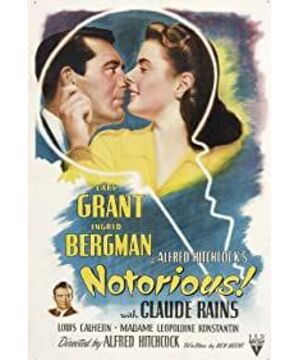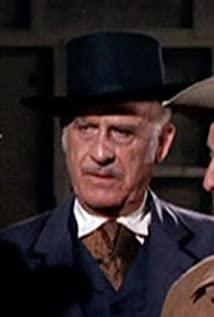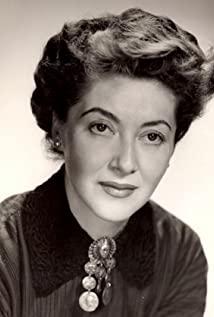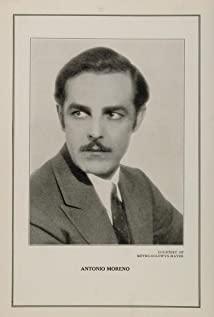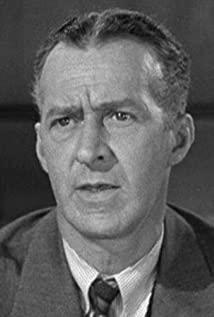--[Beauty
Plan ] I don't know if Zhang Ailing has seen Hitchcock's [Beauty Plan] before writing the novel "Lust Caution". If so, then maybe she can get comfort from it. Because it is also the subject of describing female undercover agents and the mediation of hostile regimes, the hero and the heroine of the film have been able to gain a brief period of tenderness after stepping together. It's not like Wang Jiazhi in her writing, not only has no relationship with her first love, Kwong Yumin, but also has to exhaust her heart and energy in the relationship between lover Mr. Yi and Hu Moupi, so that she finally lost her life.
[Beauty] is probably the simplest and gentlest among Hitchcock's works. It is quite plain, with neither a so obvious ghastly atmosphere, nor a thrilling and bizarre plot. It was so simple that it didn't make me wait until the final plot reversal brought that sense of loss. It was like his first film [Butterfly Dream] when he left Britain during the war and went to Hollywood.
At that time, the economic depression in the UK had already affected the operation of the film industry. Film companies could not afford the investment required to produce excellent films. The United States was not only a sanctuary for political asylum, but was also willing to provide the funds Hitchcock needed to make films. . [Butterfly Dream] As Hitchcock's first attempt to integrate into the Hollywood production model, it was widely acclaimed in the United States once it came out and won the Oscar for Best Film in the same year.
The script of [Butterfly Dream] is also a typical Hitchcock-style love story. The poor-born heroine married into a wealthy family, only to find that her husband was obsessed with her ex-wife Rebecca. While worrying about it, he accidentally learned that Rebecca was so romantic, and was killed by her husband when Apricot went out of the wall. The depression of the newlywed husband is not out of nostalgia but resentment. After gaining a brief sense of self-identity, he was able to meet her husband frankly and promised to start a new life. However, the police found the clues left in those years and immediately opened a case for investigation. It wasn't until the facts of the case came out that the killing was just a conspiracy by the ex-wife, and she was terminally ill. Where is the lover of pregnancy?
The movie stopped abruptly at this moment, and the hostess Rebecca, who was the central character, never showed up. It just frequently appears in people's oral and for granted memories. No one has ever known what kind of woman she is, who has she ever loved? It exudes a dark and seductive light like a mystery.
If [Butterfly Dream] is a typical and straightforward subject of psychological horror, then [Beauty Plan] undoubtedly adopts a subtle and tactful narrative. Perhaps that is Hitchcock's view of love. In the story described in [Beauty Plan], a man and a woman love each other, but always spend time in temptation, pretending and temptation, until she marries someone else as an undercover agent, and he can't stand the current heartache and leave Spain. After learning that her identity had been exposed and caused her to drink chronic poison, she gave up her life and embraced and walked out of the Nazi gate. Believe that the dead end is not far away, but before the end of their own brewing, two talents can have the courage to fall in love with each other calmly. Isn't this the fascinating and terrifying part of human nature?
I can't help but think of the sadness mentioned in the essay "All Men Are Consumables" written by Ryunosuke Murakami, the youngest winner of the Japanese Akutagawa Prize. He said that even if he jumped off the building to die in love with the woman he fell in love with, when he fell, he couldn't help but wonder if she was thinking of others in her heart at this time. Why did the Creator make us such a human being?
Perhaps this is also the innocent part of human nature, such a deep love, such a distrust, such a give and take. At this moment, no matter how great the heartache and suspicion are, it can't be as much as the moment I want to give, and the deeper tenderness of love. Even if there is no power to make us purely loving and tolerant people, everyone is fair in this quagmire of desire. When I love you so painfully, you must love me so painfully. Thinking of this, I couldn't help but smile with heartache and sweetness.
Who is not talking about love like Hitchcock and experiencing fleeting happiness?
Cool Six Critic Group: Fu Ling
View more about Notorious reviews


